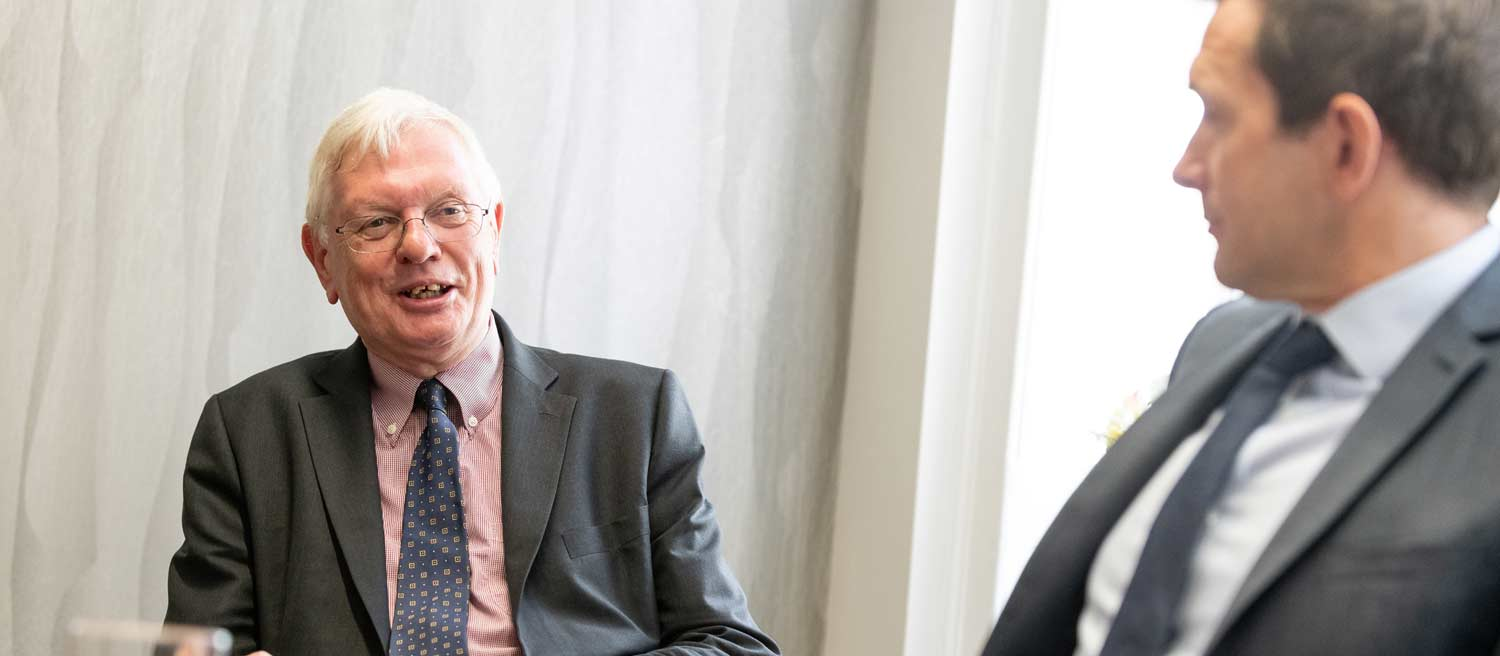A Comedy of Errors – How Not to Litigate by Neil Stewart
Official Receiver & Anor v Azam Iqbal Haq [2025] EWHC 485 (Ch)
Like a man claiming to be capable of performing heart surgery because he has studied biology, the hapless defendant, Mr Haq, explained that he had become an expert in the Civil Procedure Rules and case law applicable to the claim, then fell at every hurdle.
Despite allowances for his litigant in person status, Mr Haq, described by the judge as articulate and intelligent, failed spectacularly in his defence.
Lessons from the Judgment
While it is easy and no doubt unfair for seasoned practitioners to criticise the defendant, his mistakes demonstrate the critical importance of meeting fundamental litigation requirements, including:
- Contentious facts must be supported by adequate evidence.
- Pleadings matter - omissions can severely limit your case.
- Stay focused on the issues: avoid being sidetracked by peripheral matters.
Evidence
Despite having been given access to a platform containing all documents held by the Official Receiver (OR) and being ordered to file and serve a witness statement, in breach of that order, Mr Haq relied solely on his Amended Points of Defence.
The judge commented that while courts may make allowances to litigants in person in case management and hearings, they do not typically lower the standard of compliance with rules or orders: Barton v Wright Hassall [2018] UKSC 12 at [18].
The court therefore had only core documents and evidence of the OR to evaluate in deciding the case. It is hard to imagine a professional litigant failing to serve any evidence, especially when ordered to do so, but the general rule of “he who asserts must prove” should nevertheless be borne in mind throughout.
In this case, the OR benefited from the principle that once a relevant payment by the company is shown, the evidential burden shifts to the director to explain the transaction: Re Idessa (UK) Limited (in liquidation) [2011] EWHC 804 (Ch) at [28]; GHLM Trading Limited v Maroo & Ors [2012] EWHC 61.
Mr Haq did provide explanations but failed to produce adequate supporting evidence. For example, he provided parking receipts and receipts for coffee, saying in closing that he travelled throughout England and Wales, expending money on petrol, and that he worked from a café, buying coffee for himself, potential clients and employees. But he failed to provide evidence to support that late explanation, nor details as to who he was entertaining, third-party verification, or reasons for not working in the company office.
The judge indicated the kind of evidence expected: working diaries for company appointments, letters, emails, WhatsApp messages or other forms of communication arranging meetings or demonstrating that business meetings had taken place.
Pleadings
Mr Haq did not include in his Amended Points of Defence the statutory defence under section 1157 of the Companies Act 2006 but referred to it in is skeleton argument, saying that he had acted honestly and reasonably and ought fairly to be excused.
The judge cited Re In a Flap Envelope Company Limited [2003] EWHC 3047 (Ch) in which the court found that it would be “highly unusual” for relief under s.1157 to be granted to a director who had retained a material benefit from his breach of duty.
In Humphrey v Bennett [2023] EWCA Civ 1433, Lord Justice Snowden explained that a defendant should plead the specific facts and matters to demonstrate a realistic of relief under s.1157 at trial. Mr Haq failed to do so.
Mr Haq also sought to rely on the Duomatic defence of informal unanimous consent without addressing its limitations. Similarly, whereas the OR had supported her claim for interest on the overdrawn director’s loan account (DLA) by reference to the company’s accounts which recorded that interest was payable, Mr Haq simply made a bare denial. That is rarely, if ever, sufficient, and failed to assist him.
Focus on the Issues
During cross examination of the OR, Victoria Prime, Mr Haq, “found it difficult to focus on the issues before the court” and on each point of the judge’s summary of her witness statement he said, “Ms Prime was not cross examined [on this paragraph]”.
In civil claims, lengthy correspondence between litigants sometimes descends into point-scoring and irrelevant arguments. Judges are neither interested nor impressed so avoid being drawn into such sideshows.
Remuneration
Amongst all this, there were some substantive legal issues, albeit that they were swiftly dealt with.
Mr Haq said that he worked for his salary but the judge, following Guinness Plc v Saunders [1990] 2 AC 663, precluded a quantum merit and said the law would not imply a contract for remuneration where it could only be put in place under the articles of association by an appropriate resolution of the board.
Conclusion
Less dramatic examples of the kind of errors made by Mr Haq frequently occur and the case is a useful reminder to remember the basics in even the most complex cases.
The legal position outlined in this article is correct as of the date of original publication in IPA’s Newsletter in April 2025. Readers should verify whether any subsequent legal developments have affected the position stated here.
